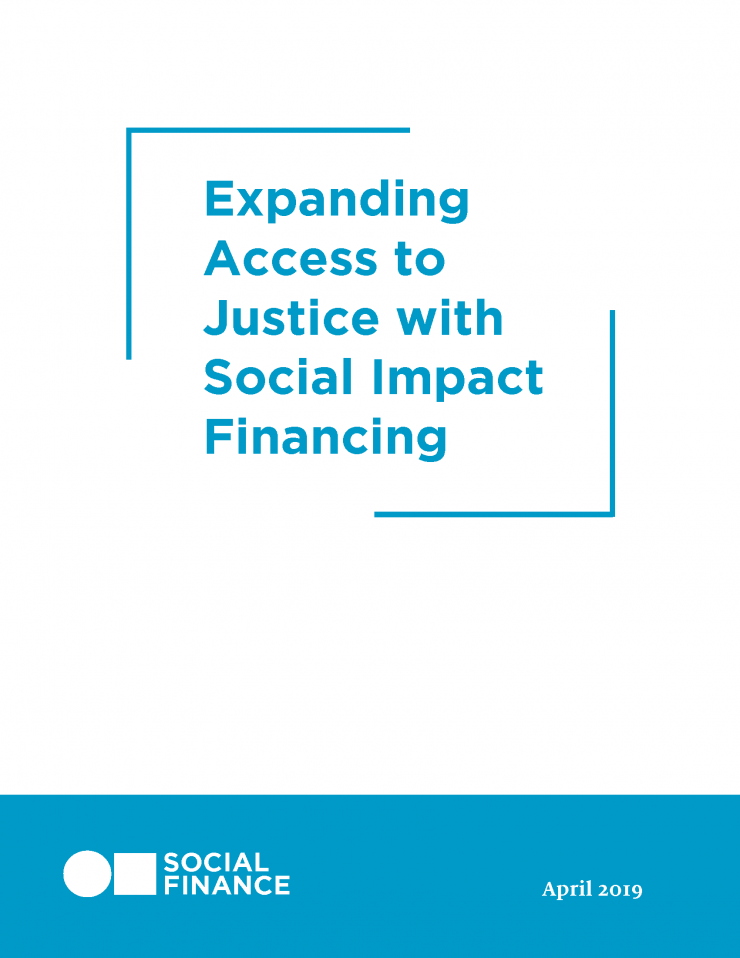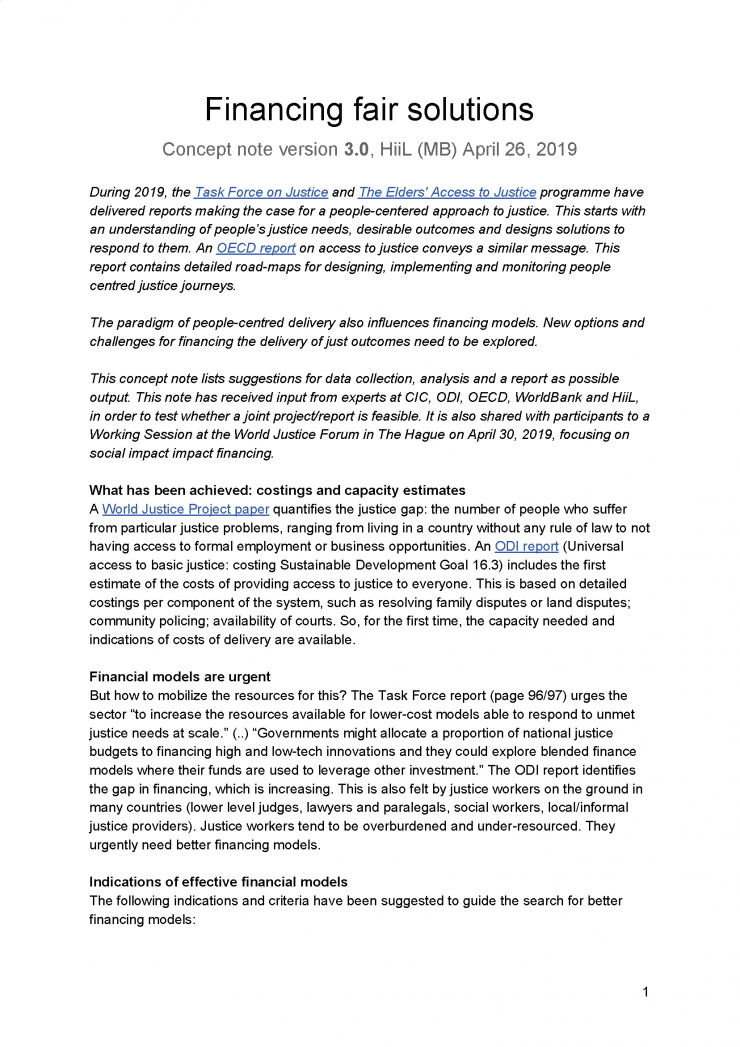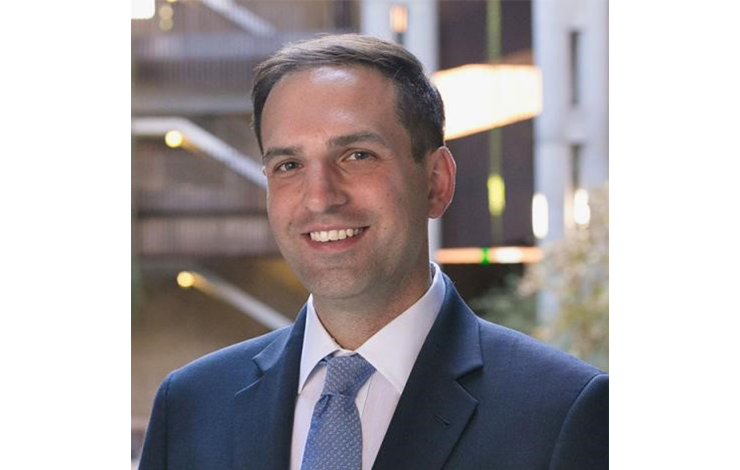Social impact bonds have emerged as a promising vehicle for mobilizing public and private financing for social progress. Growing in popularity in areas such as health, education, and workforce development, they have not yet been deployed in the justice sector. During this session, participants shared findings from a recent feasibility assessment of outcomes-based financing for civil legal aid and discussed how justice sector actors might pursue social impact investing to scale-up access to justice interventions. Session presenters highlighted the Pay for Success model, which focuses on long-term outcomes that go beyond specific program outputs and social impact bonds that provide upfront working capital that allows service providers to scale-up their services. To further take advantage of these resources, speakers encouraged legal aid providers to be willing to rigorously test their services, accept contradictory results, and be flexible enough to iterate their programs based on findings. Identified examples of outcomes-based financing models in practice included: the Medical-Legal Partnership in Washington, D.C., the International Committee of the Red Cross Humanitarian Impact Bond, and PeaceNexus’s Peace Investment Fund.
Read the full summary for this working session.
Additional Resources:

Expanding Access to Justice with Social Impact Financing

Financing Fair Solutions








